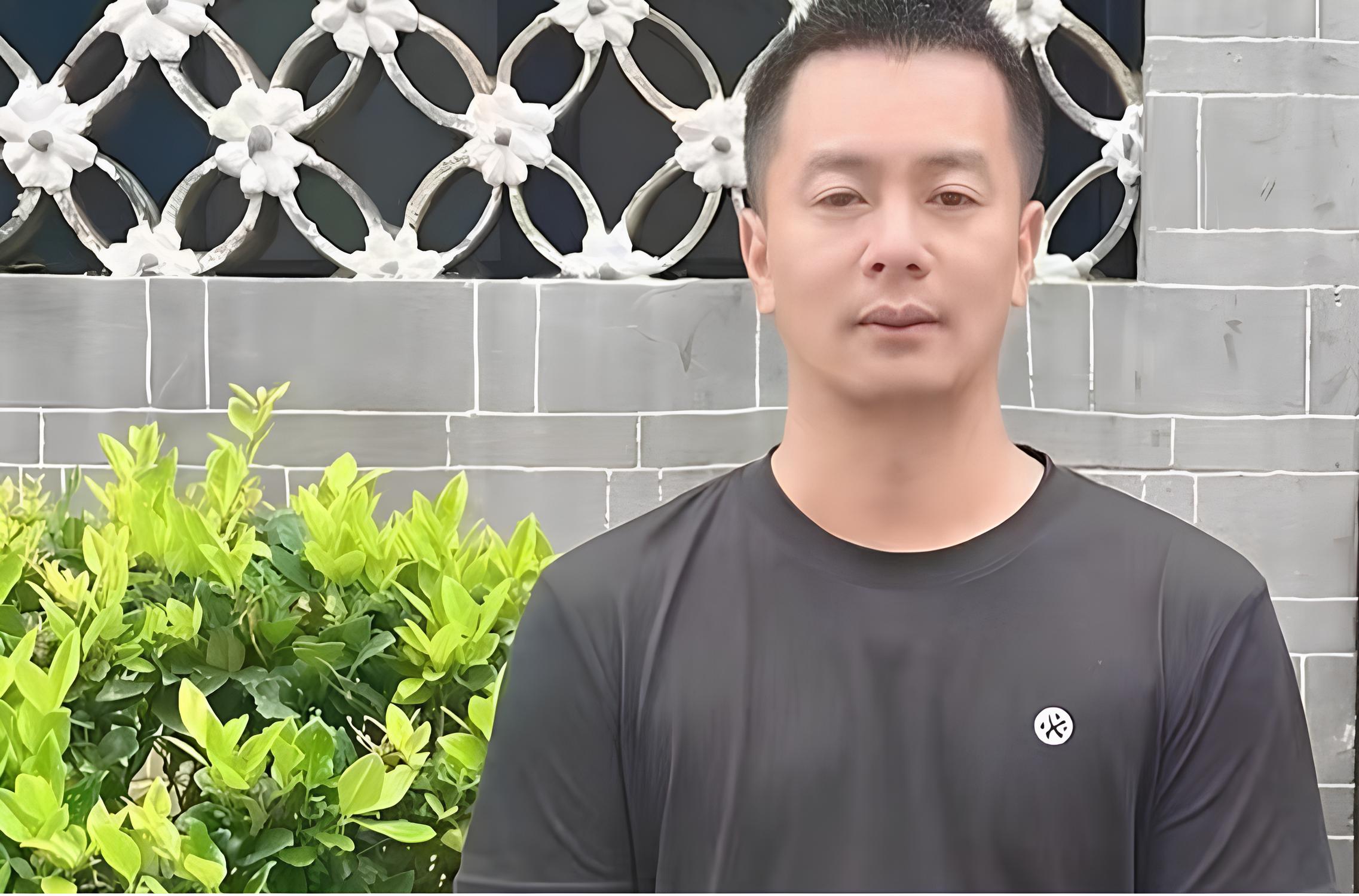Zhou, a taxi driver in Sichuan province, picked up an intoxicated passenger in his 20s around 3:30 a.m. The passenger requested a ride to the Songdu bridge but exited the taxi early, with the fare displayed as 10 yuan.
While scanning the QR code to pay, the young man transferred over 146,000 yuan. "The notification showed a large sum, so I told him he'd made a mistake, but he just said 'no need to return it' and left," Zhou said.
Concerned that the man might be experiencing mental distress and contemplating suicide on the bridge, Zhou immediately reported the incident to the nearest police station. The police accompanied Zhou back to the drop-off location, where they found the young man still sitting by the road. Once he sobered up and checked his phone, he confirmed the accidental transfer.
 |
Zhou returns the money to the passenger who overpaid. Photo: cqnews.net |
Zhou returns the money to the passenger who overpaid. Photo: cqnews.net
With the police as witnesses, Zhou returned the full amount. He then drove the passenger home, accepting the correct fare of 25 yuan. Zhou's honesty was commended by the taxi company and local authorities.
The drunken passenger later expressed regret, acknowledging that alcohol not only affects health and safety but also could have cost him years of savings, along with potential trouble if he had encountered a dishonest driver.
Mobile payments are widespread in China, leading to frequent occurrences of mistaken transfers. According to the country's Civil Code, if the recipient has no legal basis for the funds and causes harm to the other party, the act is considered "unjust enrichment" and requires repayment.
Last February, the Zaoyang City People's Court (Hubei) ruled on a similar case. Mr. Zhang purchased goods worth 34,100 yuan but added an extra zero, transferring 341,000 yuan to Mr. Wang. The defendant refused to return the money and even blocked contact. The court ordered Mr. Wang to repay the 306,900 yuan difference, plus interest.
However, not all cases result in interest payments. In 2021, a company mistakenly transferred 45,000 yuan to a partner, then sued for the return plus interest and legal fees. The court only ordered the partner to return the original amount, as the initial error was the plaintiff's.
Nhat Minh (news.ycwb)












